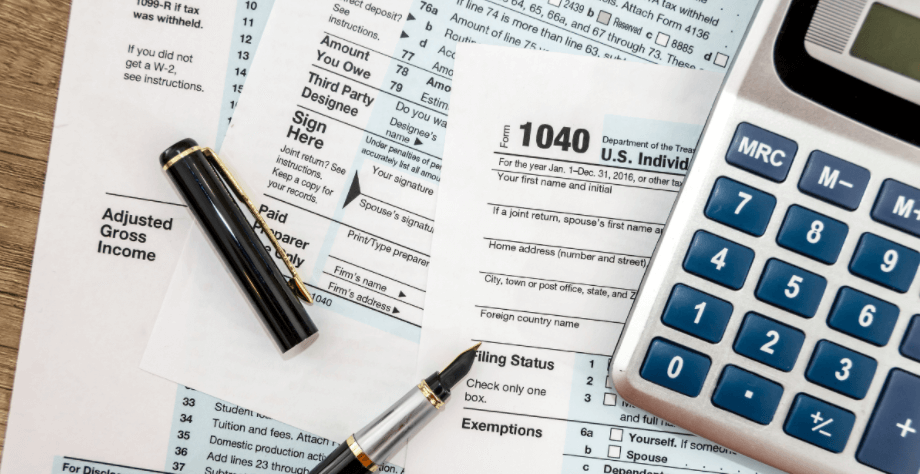If you have suffered physical and/or emotional injury and received a personal injury claim, you would want to know if the amount is taxable.
The general rule is that your settlement amount is non-taxable at both the federal and state levels. There are, however, exceptions to this rule and you must know about them.
At JD Injury Law, we help you with your personal injury claims for all types of accidents, including auto accidents, slip and fall, pain and suffering, premises liability, and more.
Non-Taxable Settlements
Federal tax law excludes any damages that are received due to personal physical injuries or sickness from your gross income. This translates into non-taxability of the following elements when you get compensated for them as personal injury damages:
- Medical bills
- Lost wages
- Pain and suffering
- Emotional distress
- Lost wages
- Loss of consortium
- Attorney fees
Physical sickness refers to the claim for an illness. If you were exposed to some disease by negligence and fell sick, the damages recovered will not be taxed.
Taxable Personal Injury Damages
There are situations where the damages you receive for a personal injury claim can become taxable. The exclusion applies to the money received as compensation for expenses related to the treatment of bodily injuries. Under the IRS Publication 4345 (Rev. 12-2016), any other form of compensation related to a personal injury lawsuit can be subject to taxation.
Punitive Damages
Punitive damages, in most cases, are liable to be taxed. These damages are paid by the defendant when it is decided that they conducted in a way that caused you the injury. The goal of these awards is to make an example of the defendant and deter others from following such conduct.
Additional Cases of Taxation
If you decide to deduct the cost of your medical expenses from your previous year’s taxes, you will be required to show the portion of the proceeds as taxable income. You may also be required to pay taxes on any post-judgment interest that builds up on any outstanding jury award. Such a situation arises when the jury awards you a sum of money and there is an appeal by the defendant. While the appeal process is in progress, the interest accrued on the original judgment is subject to tax and needs to be reported to the IRS.
An Example of Taxing Personal Injury Settlement
Here is an example of how a personal injury case where the settlement could be taxed. Consider the case of an auto accident where you incur a significant medical bill. Your injuries prevent you from working for a long time. You can no longer operate a vehicle because of anxiety.
So, you hire our services as your personal injury attorney and receive $100,000 in compensation damages. You are also awarded $1 million in punitive damages. While the compensatory damages are usually excluded from taxation, the punitive damages are not. You will have to pay taxes on the $1 million received in punitive damages.
With all tax questions, we recommend speaking with a tax specialist about your specific situation.
At JD Injury Law, we are a trusted personal injury attorney in South Florida. With over a decade of experience in personal injury practice, we have a long history of success.
For more information about our services, call us right away at (561) 252-7850.






